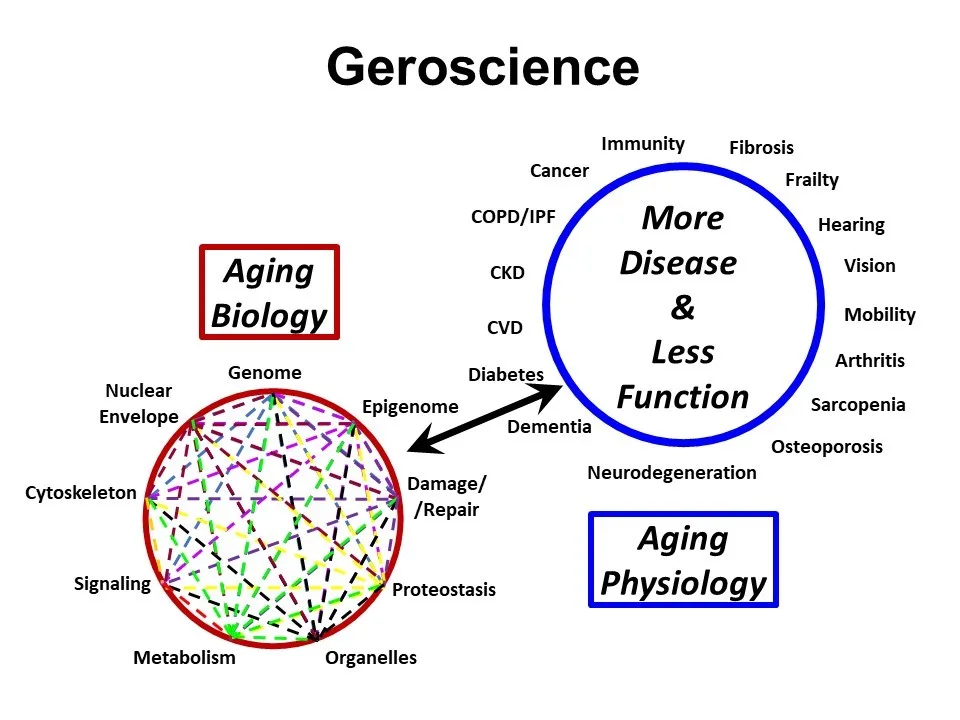In this week’s part 2 of our series on the Mighty Mitochondria, we examine the organelles impact on our health and aging.
As we age, our mitochondrial function gradually declines. This decline is linked to a variety of age-related diseases, including neurodegenerative disorders like Alzheimer’s and Parkinson’s, cardiovascular disease, and type 2 diabetes.
Why does mitochondrial function decline with age?
Several factors contribute to this decline:
- Accumulation of mitochondrial DNA mutations: Over time, mutations in mitochondrial DNA can accumulate, impairing energy production.
- Reduced mitochondrial biogenesis: The body becomes less efficient at producing new mitochondria.
- Increased oxidative stress: Aging leads to increased oxidative stress, which can damage mitochondrial components.
- Decreased mitochondrial quality control: The body becomes less effective at removing damaged mitochondria.
Strategies to Mitigate Age-Related Mitochondrial Decline
While we can’t completely reverse the aging process, we can take steps to maintain mitochondrial health as we age:
- Regular Exercise: As mentioned earlier, regular exercise is crucial for mitochondrial health. Aim for a combination of aerobic and resistance training.
- Nutrient-Rich Diet:
- Antioxidant-rich foods: Fruits, vegetables, and nuts.
- Healthy fats: Olive oil, avocados, and fatty fish.
- B vitamins: Essential for energy metabolism.
- CoQ10: A powerful antioxidant that supports mitochondrial function.
- Caloric Restriction and Intermittent Fasting: These dietary strategies can induce mitochondrial biogenesis and autophagy.
- Supplements: While more research is needed, some supplements, such as CoQ10, vitamin D, and alpha-lipoic acid, may support mitochondrial health.
- Stress Management: Chronic stress can negatively impact mitochondrial function. Practice stress-reduction techniques like meditation, yoga, or deep breathing.
By adopting these strategies, you can help maintain optimal mitochondrial function and potentially slow down the aging process.
Source:











